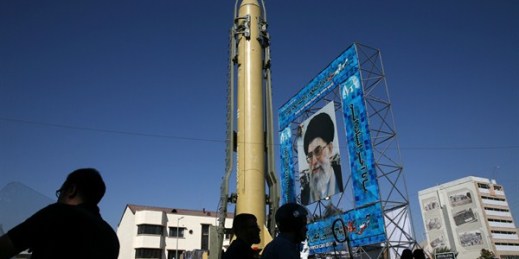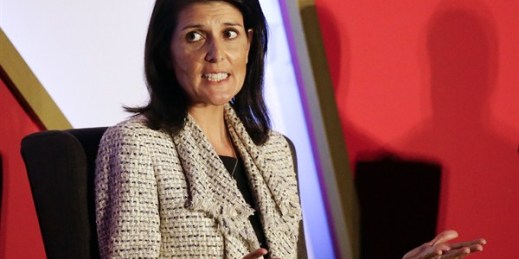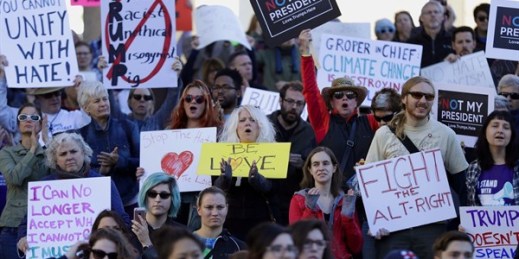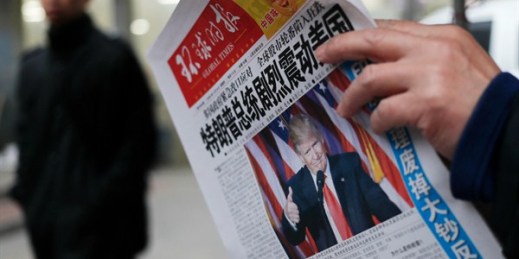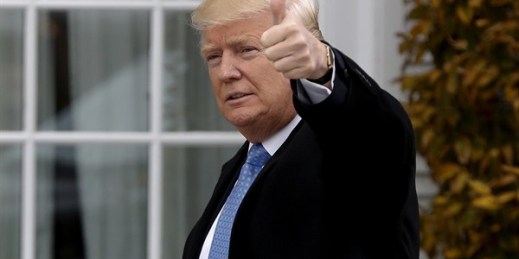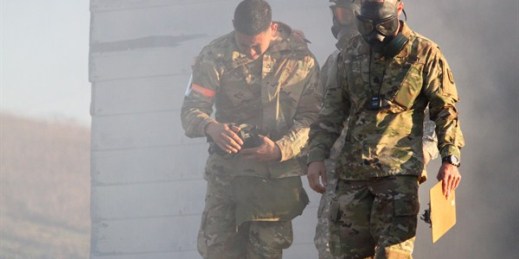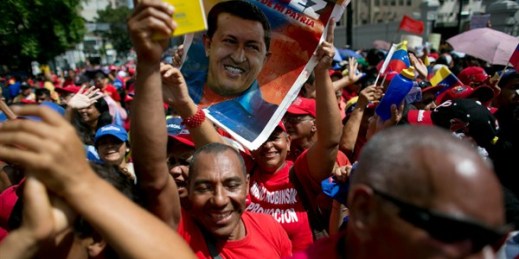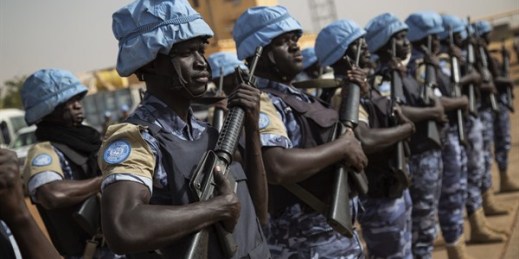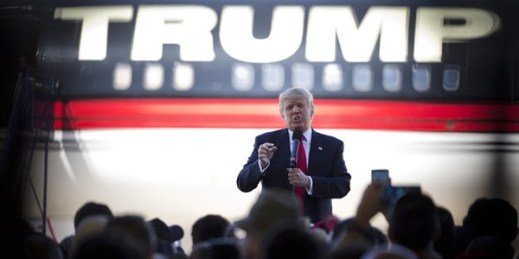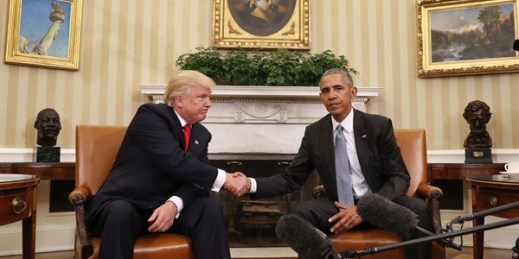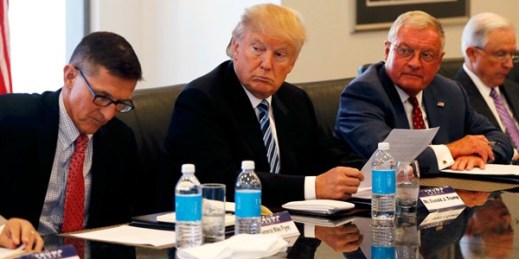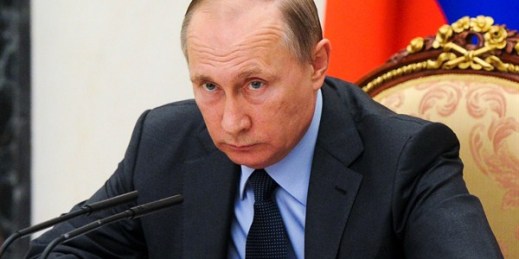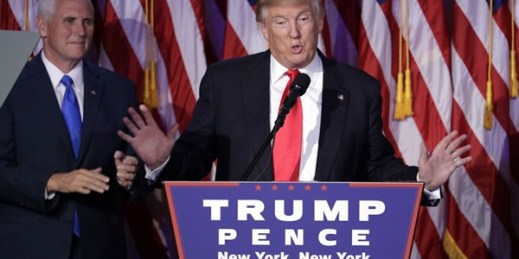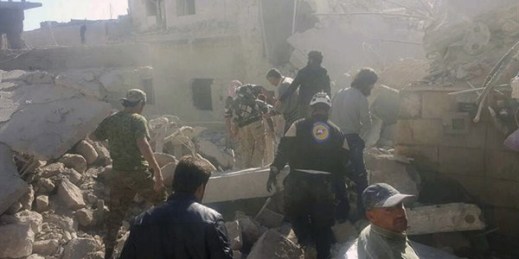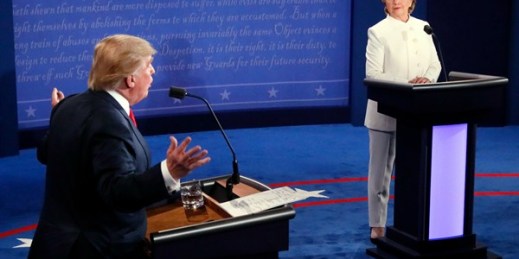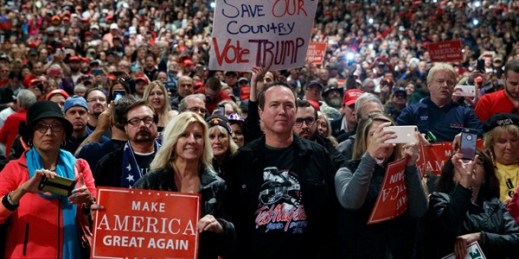
The irony of Fidel Castro’s death is that, in addition to closing the symbolic book on the Cold War, it accentuates the feeling that we are living through the closing moments of the post-Cold War period. While that period has already been declared over at various times over the 15 years since 9/11, it now seems clear that those pronouncements were premature. Certainly America’s unipolar moment has passed, signaling the end of “the end of history.” But though shocking, the attacks of 9/11 and their aftermath—the invasions of Afghanistan and Iraq, the war on terror—as well as the transformational effects […]

